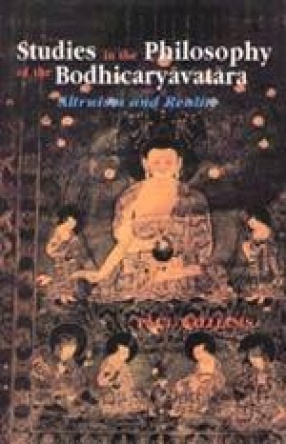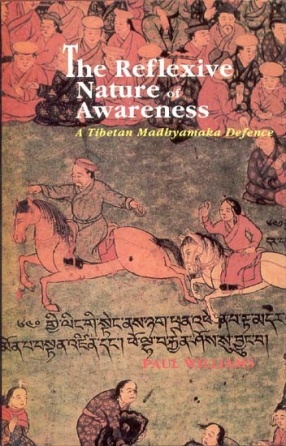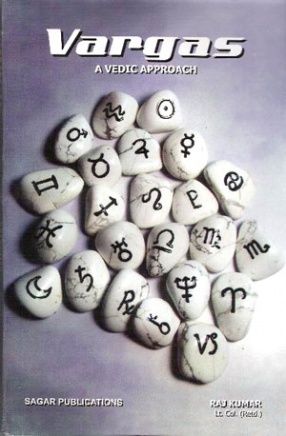This volume brings together Paul William's previously published papers on the Indian and Tibetan interpretations of selected verses from the eighth and ninth chapters of the Bodhicaryavatara. In addition, there is a much longer version of the paper 'Identifying the Object of Negation', and nearly half the book consists of a wholly new essay, "The Absence of Self and the Removal of Pain', subtitled 'How Santideva Destroyed the Bodhisattva Path'. In this paper Williams seeks to engage in a critical way with some central issues of Buddhist thought relating to the coherence of a reductionist model of the person. He argues for an irreducible subject-involvement of pain statements and suggests that given an approach to the person explicitly avowed in the Bodhicaryavatara it becomes impossible to make sense of subject-involvement, and thus of the removal of pain which is central to the path to Buddhahood. Paul Williams approaches selected verses from the Bodhicaryavatara in the light of all the extant Indian commentaries available as well as many indigenous Tibetan commentaries from all Tibetan traditions. He is thus able to indicate varieties and shifting patterns of interpretation and influence, showing how the Bodhicaryavatara comes to be used by the different Tibetan traditions according to thier differing overall religious and philosophical agendas. This book will be of interest to those concerned with the history and interpretation of Indian and Tibetan philosophy, particularly Madhyamaka, the detailed study of the text of the Bodhicaryavatara, and also those whose interest is primarily with philosophical issues relating to the person, the philosophy of rebirth, and to the relationship between ethics and Madhyamaka ontology.
The Reflexive Nature of Awareness: A Tibetan Madhyamaka Defence
According to the Tibetan ...
$33.30
$37.00






There are no reviews yet.